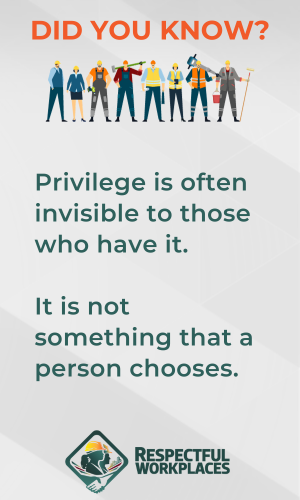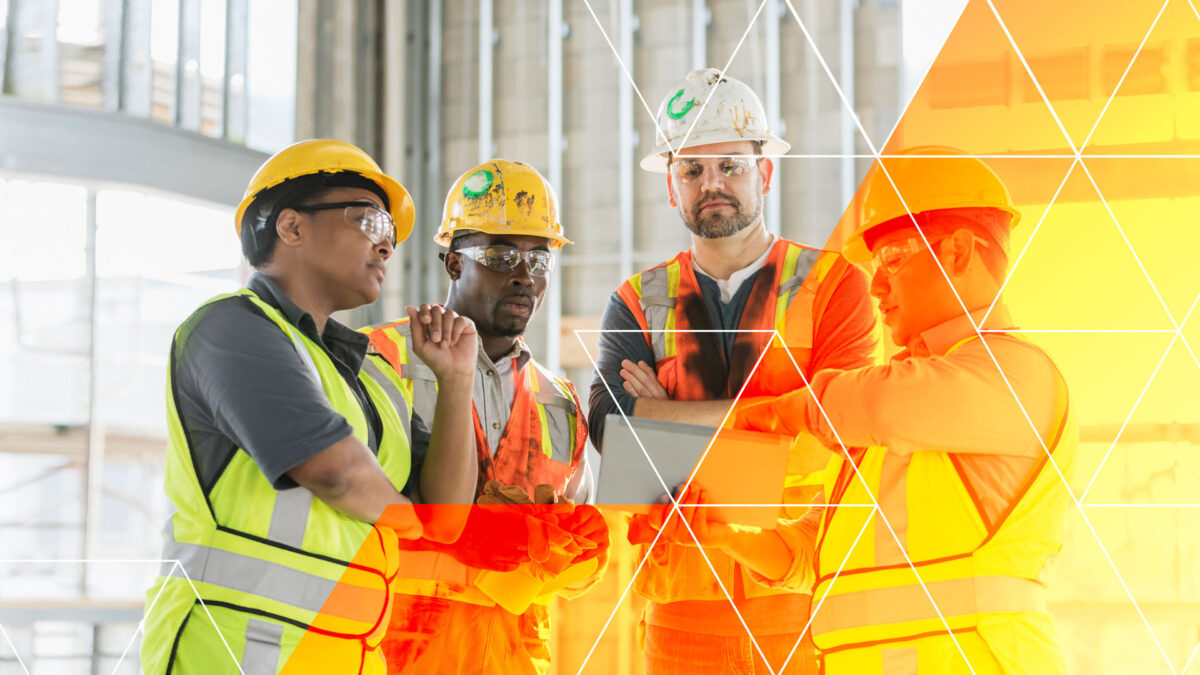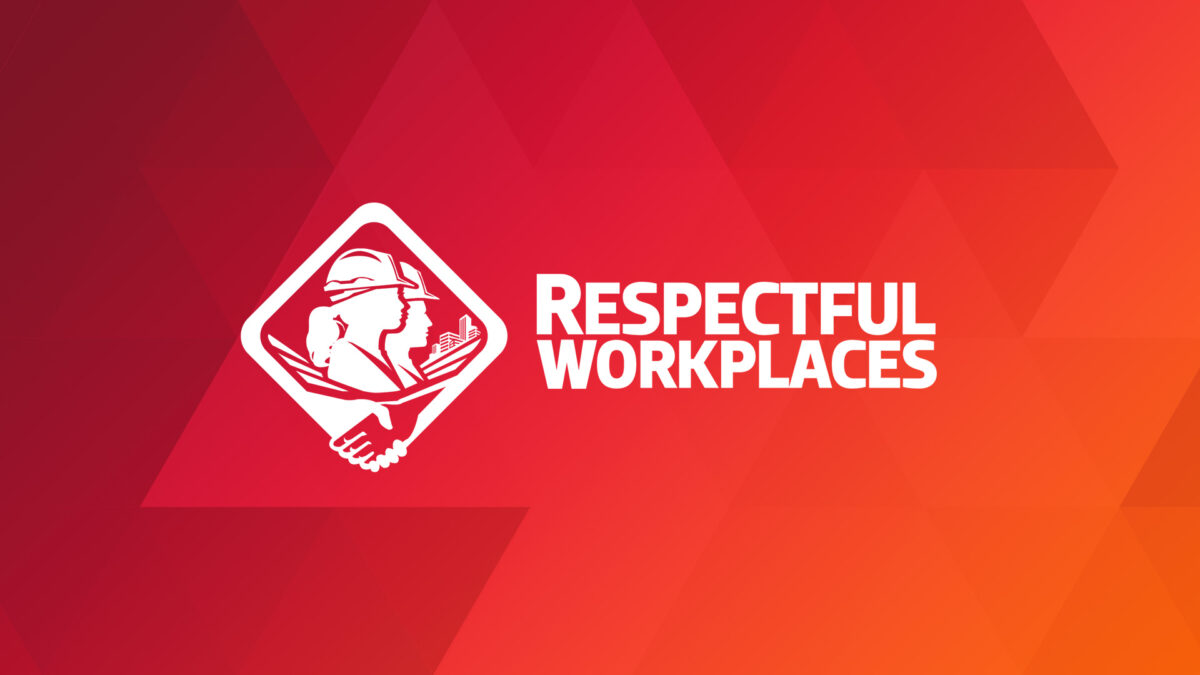
Privilege is defined by the National Conference for Community and Justice as “an advantage or immunity granted to or enjoyed by one societal group above and beyond the common advantage of all other groups.” But what is ‘privilege,’ really?
There are many forms of privilege. Most people will think of White privilege, male privilege, and even able-bodied privilege. But there are lots of forms of privileges that you might not think about. For example, do you have access to high-speed internet? According to the federal government, 6.5% of the population, or nearly 2.5 million Canadians, do not currently have access to high-speed internet, regardless of whether or not they can afford it. Considering our dependence on the internet—only made worse by the pandemic—access to high-speed internet comes with a level of privilege that not everyone experiences.
Privilege is often invisible to those who have it. It is not something that a person chooses. It cannot be given, gifted, assigned, bought, stolen, removed, waived, or abandoned. Nor is it something you achieve.
One thing about privilege that people often confuse is that having privilege means you cannot have hardship. A person can be white and male and experience the privilege that comes with those identities. But if that same person is gay and lives with a disability, they may experience marginalization as a result of those identities. One thing does not negate the other. Having privilege doesn’t mean you are universally privileged, nor does it mean that you have a privileged life.
Don’t believe privilege exists? Consider these data points:
- A study from the Ontario Human Rights Commission – based on data from the Toronto Police Service – found that Black people represented 32% of all charges laid by the Toronto Police while only making up 8.8% of the Toronto population.
- In 2020, 25% of women reported experiencing some form of sexually inappropriate behaviour in the workplace, compared to 17% of men.
- In 2022, the unemployment rate for people living with a disability was 6.9% – nearly double that of those reporting not living with a disability (3.8%).
These are just three data points to show the reality that privilege exists, whether we like it or not. Privilege doesn’t make a person bad or good. It just is.
As many of us work toward a more inclusive society, we risk creating a slippery slope when we pit one identity against another. There are unverified stories of high-school principals revoking awards given to previous students, because they saw those awards as white privilege.
Regardless of the story’s veracity, that act is so incredibly diminishing, it’s dangerous. Did the students win the award because they’re white? No. Did they have an advantage because they’re white? Absolutely. But that doesn’t diminish the accomplishment. Removing the awards does not help the students who lack the privilege – in this case, students of colour. Should a student receive an award because they lack privilege? Of course not – no more than a person should receive an award because of their privilege.
What matters is that society starts to address the imbalance that privilege creates and that each individual becomes aware of their own privilege and uses that privilege to the advantage of others. Think of privilege as a superpower. It’s something special that each person has that they can use to the advantage of others, and it enables those with privilege to act in support of those without to create greater balance.
Here are some things you can do to leverage your privilege to make a more inclusive society:
- Own your privilege. It’s there whether you like it or not. Pretending you don’t have privilege because of who you are doesn’t make that privilege disappear. The important part is that you have awareness of your privilege and work to not operate from a place of privilege or at least use that privilege to the advantage of others.
- Educate yourself. Don’t put the burden on others – like 2sLGBTQI+ people, people of colour, people with disabilities, etc. – to educate you. It’s not their job. It’s your job to educate yourself. Research tools to help you understand your privilege better and how you can be an active ally to others.
- Let go of the guilt. Guilt is a useless emotion. It doesn’t help the person who’s feeling guilty and it doesn’t help the person who has been wronged. If you feel guilty because you have privilege, that guilt isn’t going to help. Let it go.
- Do something. Get engaged and get active. While it’s great to have “allies,” it’s vital that those allies are actively involved in improving things. How can you leverage your privilege to the advantage of others? What can you do to affect change?
The question is not “Does privilege exist?” or “Do I have privilege?” In some ways, you experience privilege, and in others, you may also experience marginalization. The question that needs to be asked is what you are going to do to leverage your privilege to the advantage of others so we can have inclusive societies where everyone can succeed – regardless of their privilege.
Michael Bach is an author and speaker, a thought leader in inclusion, diversity, equity, and accessibility, and an IDEA consultant to BuildForce Canada.

Respectful and Inclusive Workplaces
